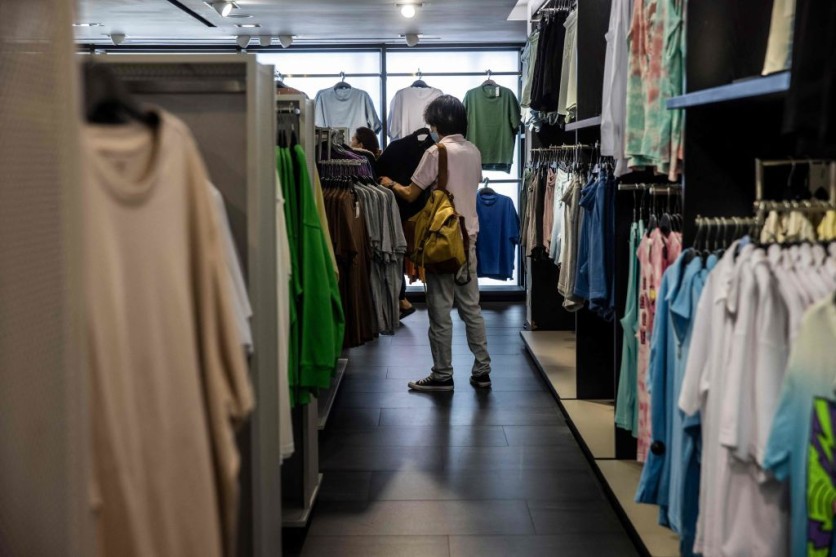AI, combined with anti-theft technology, is proving to be a potent defense against the escalating menace of organized retail crime. With billions of dollars in losses at stake and the safety of customers and employees in jeopardy, retailers are leveraging AI with caution.

Using AI in Retail
Almost every industry is witnessing a swift integration of artificial intelligence, and its true impact on productivity and theoretical potential will unfold gradually. Interesting Engineering reported that a notable experiment is occurring in the realm of big-box retail, where AI is joining forces with anti-theft technology to combat the escalating menace of organized retail crime.
The surge in large-scale merchandise theft over recent years has inflicted billions of dollars in losses on retailers and posed significant risks to everyone involved, from shoppers in stores to employees working in distribution and the supply chain.
National Federation of Retailers' Vice President of Retail Technology and Cybersecurity Christian Beckner emphasized the importance for retailers to deploy AI with proper safeguards, considering the unpredictable nature of some AI tools' predictive outcomes.
Integrating to Previous Technology
Fagen Technologies reported that major retailers such as Walmart, Target, Lowe's, Kroger, Macy's, CVS, and others are forming strategic alliances with technology firms to revolutionize their security measures.
The next-generation video surveillance systems, facial-recognition cameras, license-plate and vehicle readers, autonomous security robots, radio-frequency identification (RFID) tags, smart case locks, and predictive analytic software are all being infused with the cutting-edge capabilities of artificial intelligence (AI).
While some of these security technologies have been in use for years, the integration of AI is now taking them to unprecedented levels of effectiveness and efficiency. Discover how AI is empowering retailers to safeguard their assets and customers like never before.
Applying AI Securely
When using AI to bolster loss-prevention efforts, CNBC reported that it is crucial to involve humans in the decision-making process, ensuring that any choices made do not inadvertently harm customers or employees.
Dr. Read Hayes, the director of the Loss Prevention Research Council emphasizes their priority of early detection and identification to prevent potential victims. Their approach is to discourage offenders by creating an environment where they feel unwelcome and out of place, aiming to dissuade them from engaging in criminal activities.
By focusing on proactive measures, they strive to make potential perpetrators reconsider their actions before any harm is done. As of now, retailers are facing challenges in striking a delicate balance between customer satisfaction and merchandise security.
Cheryl Friedman, the Vice President of Lowe's Innovation Labs, highlighted their collaborative efforts with the asset protection team and other groups within Lowe's. Their constant pursuit of innovation and technology utilization aims to outpace potential wrongdoers while ensuring an excellent shopping experience for customers.
Related Article : Levi's Partners with Lalaland.ai to Produce AI-Generated Models for Ads

ⓒ 2026 TECHTIMES.com All rights reserved. Do not reproduce without permission.




